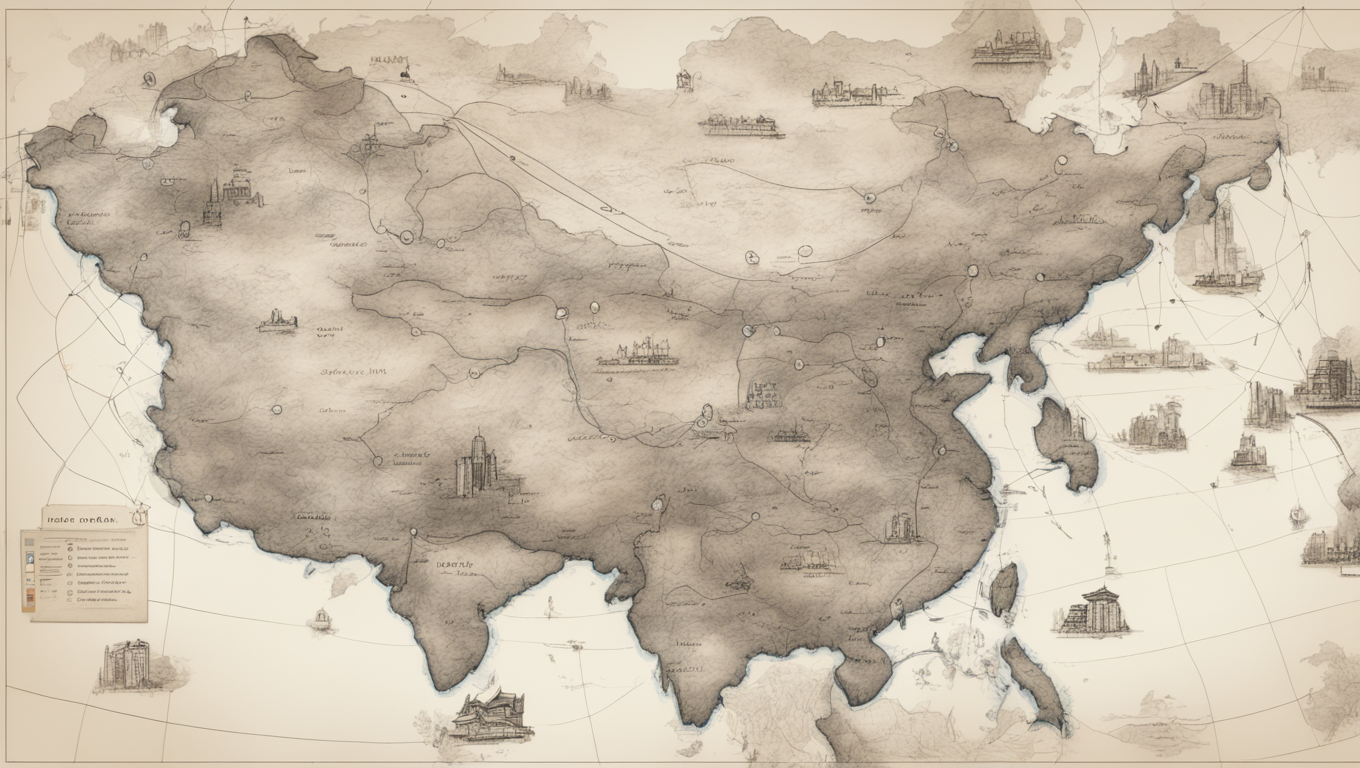Amid growing tensions between the United States and China, Microsoft has reportedly offered its China-based cloud computing and artificial intelligence operations employees the opportunity to relocate to other countries. The move comes as Washington tightens restrictions on Beijing’s access to advanced technology.
The Wall Street Journal broke the story on Thursday, revealing that Microsoft had extended the offer to its staff, mainly consisting of Chinese engineers. The employees were given the option to transfer to countries such as the United States, Ireland, Australia, and New Zealand, according to unnamed sources.
While CNBC could not independently verify the report, a Microsoft spokesperson confirmed the company’s offer in a statement shared with CNBC. The spokesperson stated that Microsoft had presented an “optional internal transfer opportunity” to a subset of employees, although no specific details about the number and affiliation of affected staff were provided. The spokesperson emphasized that the potential transfers would not impact the company’s operations and affirmed Microsoft’s commitment to the region and other markets where it has a presence.
Microsoft, which currently employs approximately 7,000 engineers for its Asia-Pacific research-and-development group, primarily based in China, is taking this step as the U.S. aims to prevent China from developing cutting-edge AI technology that could have military applications. Over the past two years, the U.S. has implemented a series of restrictions on China, hampering its ability to acquire advanced chips and chip-making equipment essential for training AI models.
This move by Microsoft reveals the increasing pressure faced by technology companies as they navigate the tensions between the two superpowers. In an attempt to protect their intellectual property and adhere to government regulations, companies must carefully strategize and adapt to evolving geopolitical landscapes.
The implications of Microsoft’s offer to its China-based employees are not to be underestimated. It not only highlights the challenges faced by multinational corporations but also showcases the growing influence of technology in geopolitical conflicts. These conflicts are further fueled by concerns about national security and the potential misuse of advanced technologies.
Experts believe that this trend is reflective of the larger battle for technological dominance between the United States and China. The two countries are locked in a competition to lead in areas such as artificial intelligence, 5G technology, and quantum computing. The relocation offer made by Microsoft underscores the significance of these advancements and the efforts made by countries to protect their interests.
In the words of an anonymous source, “This is yet another example of how the technology industry is being caught in the crosshairs of the U.S.-China conflict. As tensions escalate, companies will face tough decisions to navigate political pressures while continuing to innovate and serve their global customers.”
As the U.S.-China rivalry continues to unfold, the actions of major technology companies will be crucial in shaping the future of the industry. Microsoft’s offer to its China-based employees is just one example of the complex choices companies must make to adapt to a changing world. These decisions will undoubtedly have far-reaching consequences, particularly as the race for technological supremacy intensifies.





Use the share button below if you liked it.